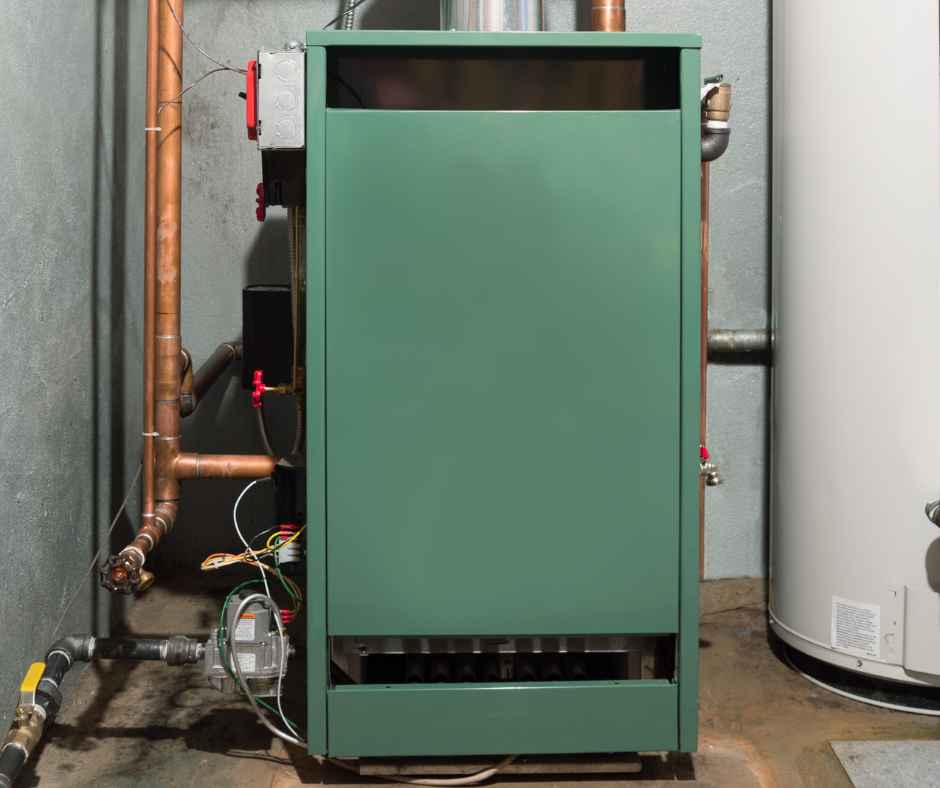Closed: Sun for God + Family time
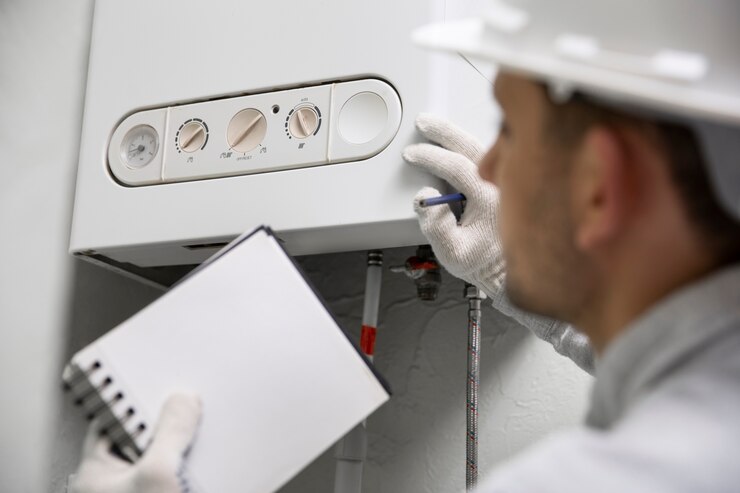
Do Costly High-Efficiency Water Heaters Make Sense?
In the quest for a more energy-efficient and cost-effective home, homeowners often ponder, “Are High-Efficiency Water Heaters Worth the Money?” This question is particularly relevant for those considering water heater replacement Franklin, IN, and isn’t just about upfront costs; it’s about understanding long-term savings and benefits. As a provider of top-notch HVAC and plumbing services, Armor Air is dedicated to guiding you through the intricacies of high-efficiency water heaters, ensuring you make an informed decision that aligns with your household needs and budget.
How High-Efficiency Water Heaters Reduce Energy Bills
High-efficiency water heaters are designed to use less energy while providing the same level of performance as their standard counterparts. Here’s how they work to reduce your energy bills:
Advanced Heating Elements and Burners:
- Condensing Technology: In gas models, condensing water heaters capture hot exhaust gases that would typically be vented out. This heat is then used to preheat the incoming cold water, requiring less energy for heating.
- Efficient Electric Elements: High-efficiency electric water heaters often use better-quality heating elements that heat water faster and more efficiently compared to standard elements.
Improved Insulation:
- Reduced Heat Loss: These water heaters have superior insulation around the tank, minimizing standby heat loss. As a result, the system requires less energy to maintain the desired water temperature.
On-Demand Heating:
- Tankless Systems: By heating water only when needed, tankless water heaters eliminate the need to maintain a large tank of hot water at all times, significantly reducing energy consumption and costs.
Heat Pump Technology:
- Energy Transfer: Heat pump water heaters use electricity to move heat from the air or ground into the water, instead of generating heat directly, significantly surpassing traditional heating techniques in terms of energy efficiency.
Smart Technology and Controls:
- Precision and Customization: Programmable controls and smart technology allow for more precise temperature settings and operation schedules, reducing energy waste.
High Energy Factor (EF) Ratings:
- Efficiency Measurement: The Energy Factor rating measures the water heater’s overall efficiency by comparing the energy needed to heat a given amount of water. High-efficiency units have higher EF ratings, indicating better performance and lower operating costs.
Reduced Cycling Losses:
- Efficient Operation: Advanced systems reduce the frequency of cycling, which decreases energy consumption and wear on the heater, leading to longer lifespans and sustained efficiency.
Considering energy costs and environmental considerations, upgrading to a high-efficiency model can be a wise choice. As you consider your options, remember that companies like Armor Air can provide expert advice and installation services, helping you transition smoothly to a more energy-efficient home.
The Technology Behind High-Efficiency: What Makes Them Different?
High-efficiency water heaters are a leap forward in home heating technology. Here’s a deep dive into the technology that sets them apart:
Condensing Technology:
Traditional water heaters lose energy through venting, but high-efficiency condensing water heaters capture this escaping heat and use it to preheat incoming cold water, reducing the energy required to bring the water up to temperature.
Tankless Systems (On-Demand Water Heating):
Unlike traditional tank models, tankless water heaters provide hot water only as it’s needed, reducing standby energy losses associated with storage water heaters and leading to significant energy savings.
Heat Pump Technology (Hybrid Water Heaters):
Hybrid water heaters use electricity to move heat from one place to another, pulling heat from the surrounding air and transferring it—at a higher temperature—into the tank to heat the water, a process more energy-efficient than traditional electric resistance water heaters.
Smart Technology Integration:
Many high-efficiency water heaters now have Wi-Fi and smart technology for remote monitoring and control, allowing users to adjust temperatures, set schedules, and receive maintenance alerts.
Improved Insulation:
High-efficiency water heaters often have significantly better insulation in the tank, reducing standby heat losses and saving energy over time.
Low-NOx Burners:
For gas water heaters, Low-NOx burners reduce the emission of NOx, a pollutant that contributes to smog and acid rain, and improve efficiency by ensuring a more complete fuel burn.
Electronic Ignition:
Instead of a continuously burning pilot light, many high-efficiency units use electronic ignition to light the burner only when needed, reducing gas usage.
Understanding the technology behind high-efficiency water heaters helps homeowners make an informed decision. While the initial cost may be higher, the long-term savings, environmental benefits, and improved performance often justify the investment. For those needing water heater repair in Noblesville, IN, consulting with professionals like Armor Air can provide insight into how these efficient systems can benefit your situation.
Installation Insights: What You Need to Know Before Upgrading
Before upgrading to a high-efficiency water heater, consider several key factors:
Assess Your Needs:
- Determine Capacity: Evaluate your household’s hot water usage to choose a water heater with the appropriate capacity.
- Type of Water Heater: Decide between tankless, hybrid, solar, or conventional models.
Understand Installation Requirements:
- Space Considerations: High-efficiency models, especially tankless ones, may have different space and venting requirements.
- Plumbing and Electrical Upgrades: Some models might require updates to your existing plumbing or electrical systems.
Cost Analysis:
- Initial Investment vs. Long-Term Savings: Calculate the long-term savings to understand the payback period.
- Incentives and Rebates: Look for incentives that can offset the initial investment cost.
Professional Assessment and Installation:
- Hire Qualified Technicians: Ensure a safe and efficient installation by hiring professionals experienced in water heater replacement Franklin, IN.
- Building Codes and Permits: Check local building codes and acquire necessary permits.
Evaluating Environmental Impact:
- Energy Source: Consider the energy source and its environmental impact.
- Efficiency Ratings: Understand the efficiency ratings to gauge how much you’ll be reducing your energy consumption and environmental impact.
Maintenance Requirements:
- Regular Maintenance: Familiarize yourself with the maintenance needs to ensure longevity and sustained performance.
- Warranty and Service: Check the warranty details and what it covers.
Future Considerations:
- Technological Changes: Keep in mind that technology evolves rapidly.
- Resale Value: If you plan to sell your home, a high-efficiency water heater can be an appealing selling point.
Considering these insights, you can ensure a smooth transition to a more efficient, cost-effective, and environmentally friendly water heating solution. Whether it’s for water heater repair in Noblesville, IN, or a complete system upgrade, turning to trusted professionals like Armor Air will ensure optimal efficiency and dependability.
Innovations in High-Efficiency: Latest Trends and Future Outlook
The field of high-efficiency water heaters is evolving, driven by technological advancements and a focus on sustainability. For those considering water heater replacement Franklin, IN, here are the latest trends:
Solar-Powered Water Heaters:
Solar water heaters use solar panels to collect energy, heating water in a storage tank. As solar technology becomes more efficient and affordable, these systems are an attractive option for reducing carbon footprint and energy bills.
Hybrid Heat Pump Technology:
Hybrid models optimize energy usage by switching between heat pump and conventional heating modes based on demand, maximizing efficiency and ensuring a consistent supply of hot water.
Wi-Fi and Smart Home Integration:
Future models will likely offer more advanced Wi-Fi connectivity and integration with home automation systems for greater control and optimization of energy usage.
Tankless and Modular Systems:
The popularity of tankless water heaters continues to grow due to their on-demand heating capabilities. Future modular systems could provide even more flexibility and efficiency.
Advanced Materials and Insulation:
Future high-efficiency water heaters may use materials that offer superior insulation and durability, reducing heat loss and enhancing system lifespan.
Eco-Friendly Refrigerants:
Manufacturers are exploring alternative refrigerants with lower global warming and ozone depletion potential, offering greener, more sustainable models.
As technology advances, the trend towards high-efficiency water heaters will likely continue, driven by environmental awareness and the pursuit of cost savings. Armor Air is here to provide expert advice, installation, and water heater repair in Whiteland, IN. Let us help you make an informed decision for a comfortable and energy-efficient home.
Share This Story, Choose Your Platform!
Recent News
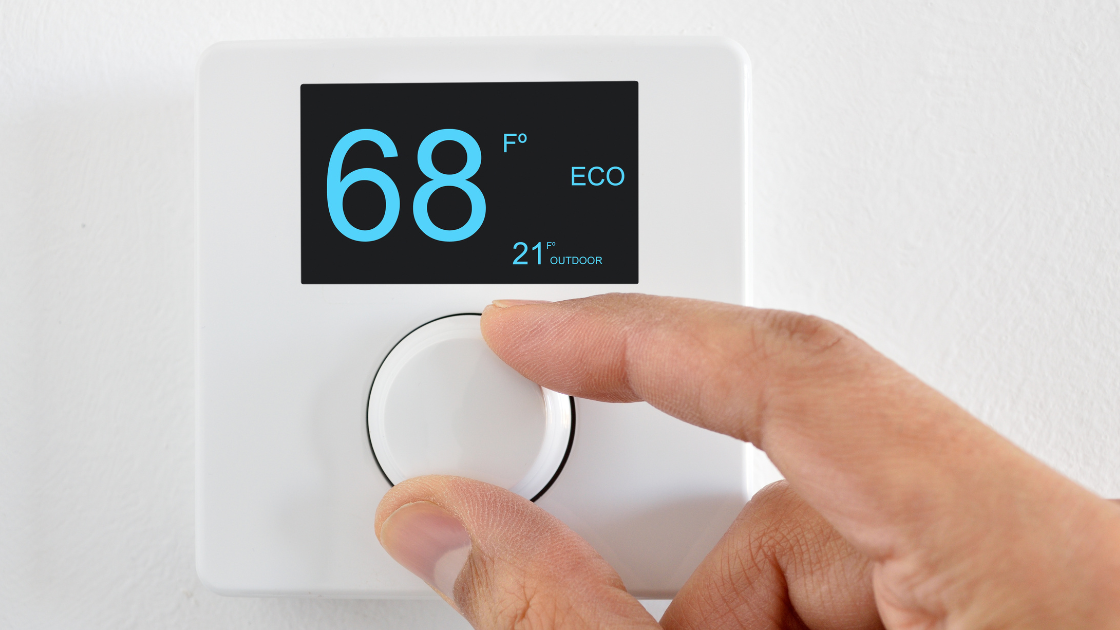
Help! My Heater Won’t Turn Off
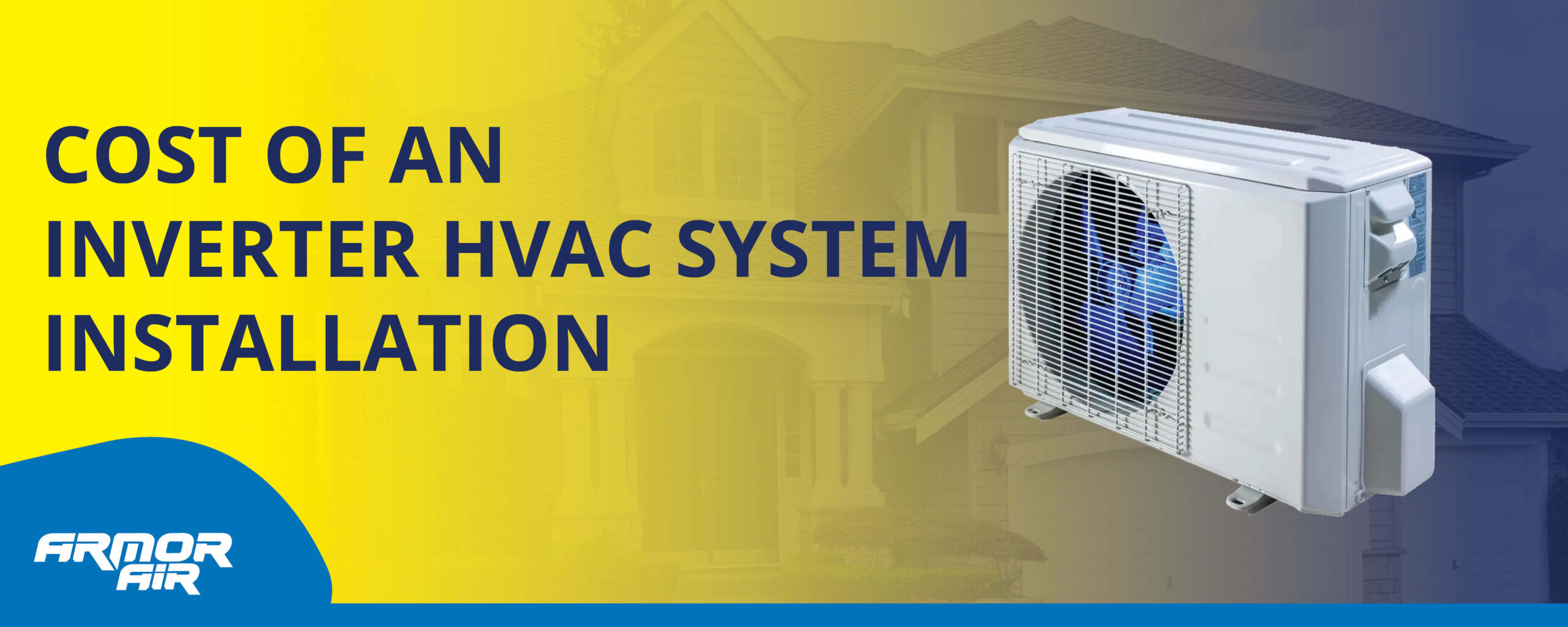
How Much Does an Inverter HVAC System Installation Cost (2025)
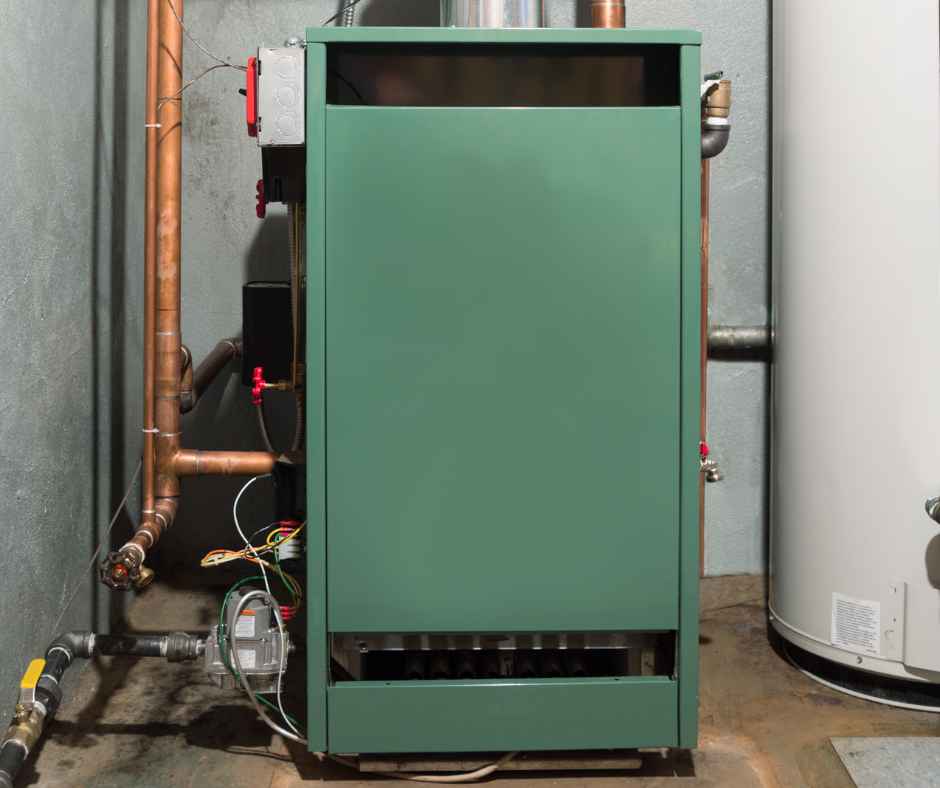
Why Does My Furnace Smell Like It’s Burning?
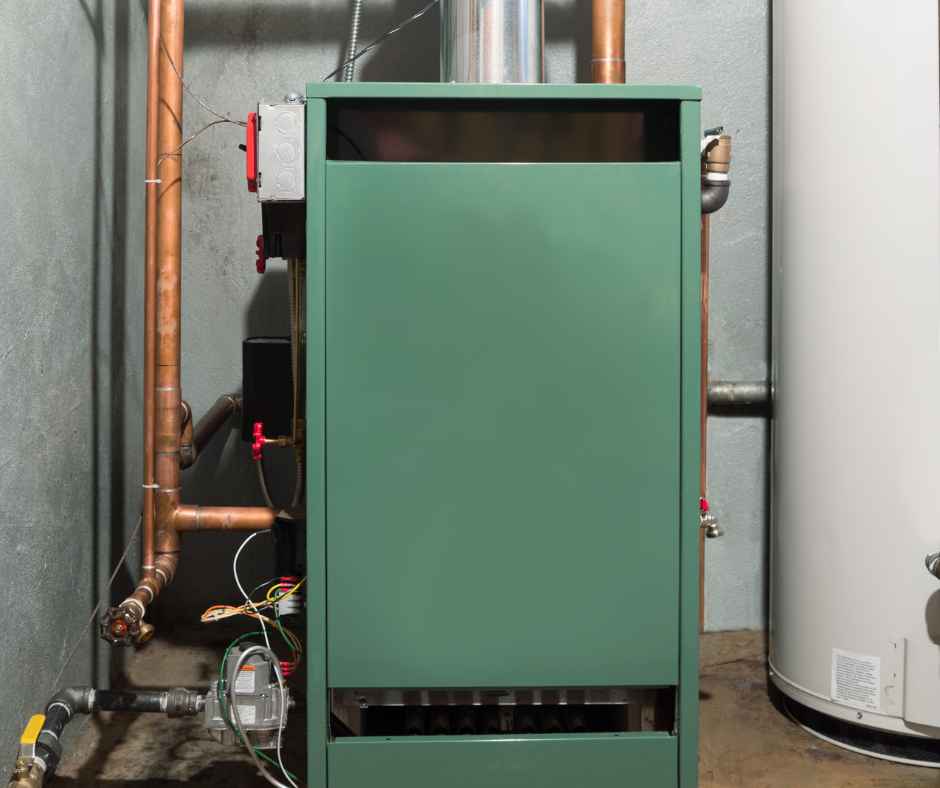
Why Won’t My Heat Turn On?
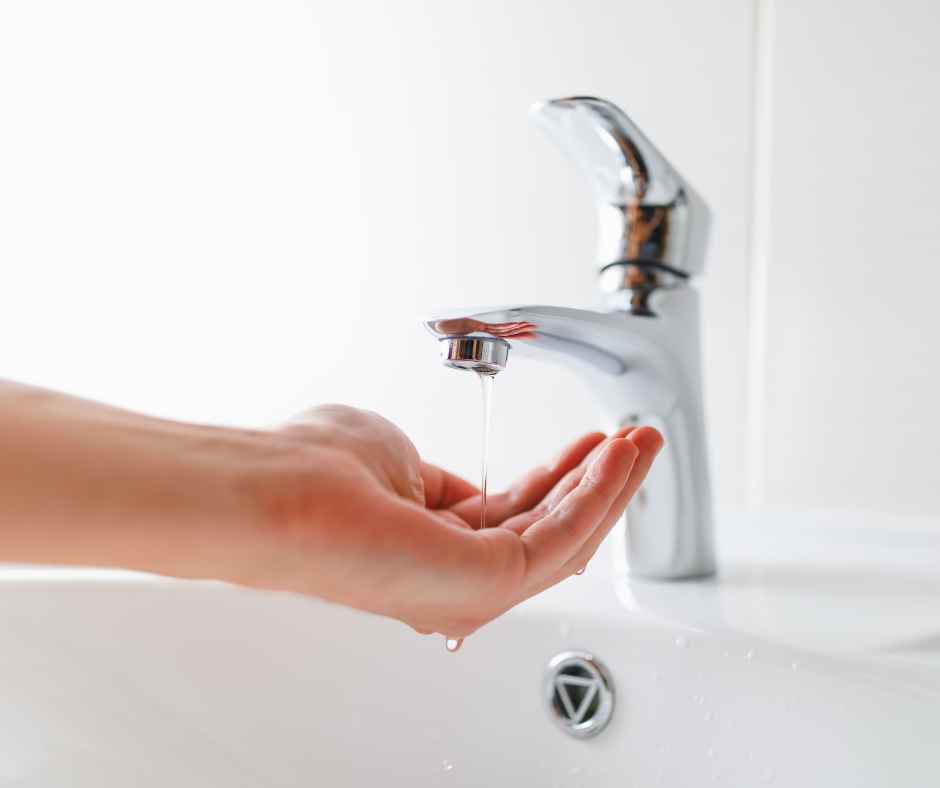
Why is the Water Pressure Low in My House?

Why a Tankless Water Heater Might Be the Best Investment for Your Indianapolis Home?
